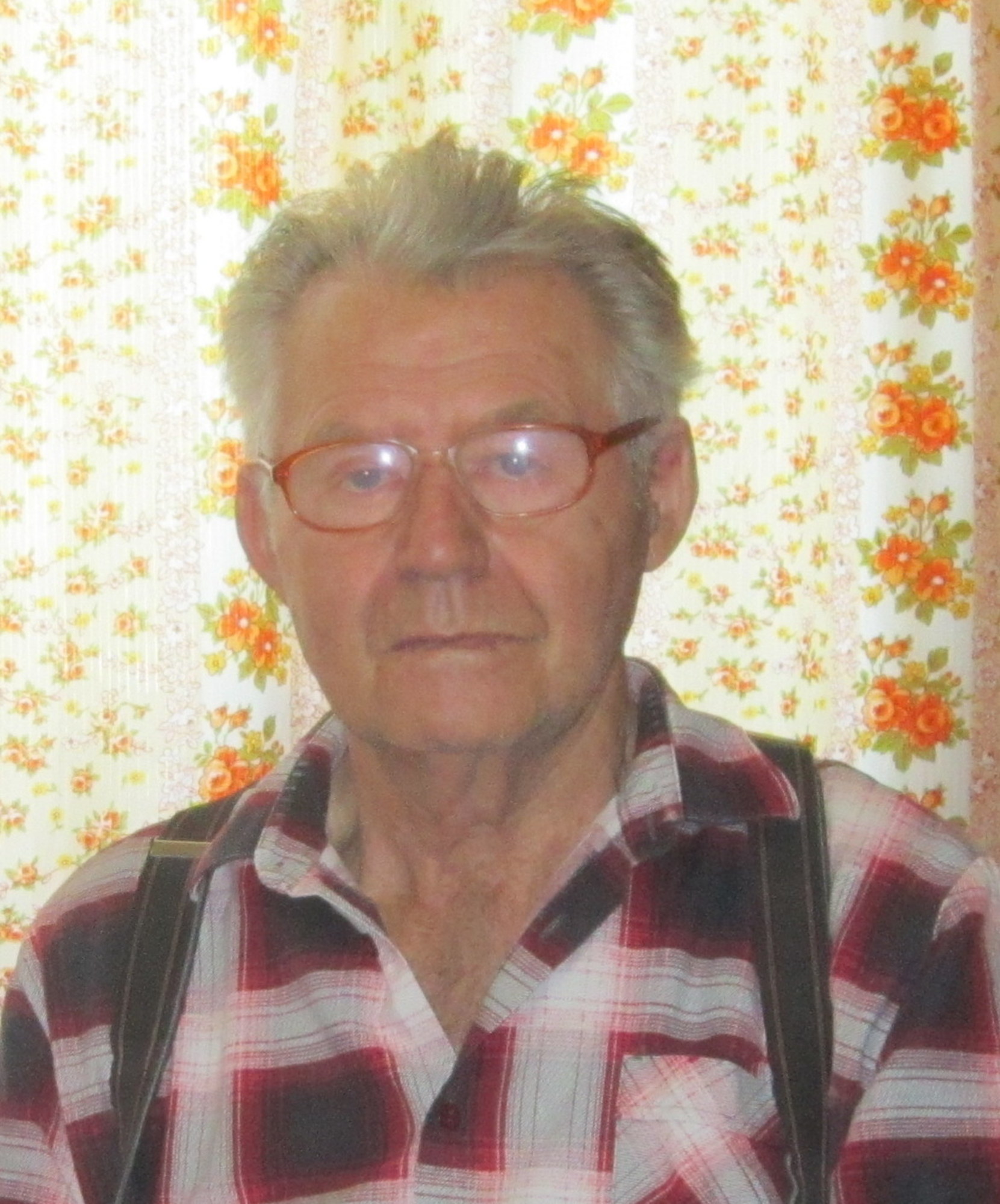In the foothills of the Rychlebské hory Mountains

Stáhnout obrázek
Helmut Bartsch was born in 1933 in Nové Vilémovice (Neu Wilmsdorf in German), a settlement located in the region of Javornicko. Like the vast majority of the inhabitants of the village and the surrounding region, his parents were of German nationality. On September 21, 1938, the local Henlein adherents assaulted the financial guard in this village and one member of the guard, Stanislav Majzlík, was killed in the shootout. During the war, his father Josef had to enroll in the Wehrmacht. He was injured in France and was treated at home during the last months of the war. In 1945, he was arrested and imprisoned. After his release from prison, he was transferred to Germany, while the rest of his family was not included in the post-war resettlement and remained in Czechoslovakia. By the end of the 1940s, a colony of Greek refugees settled in Nové Vilémovice and the remaining Germans had to leave the village. After the departure of the Greek settlers, a large part of the village was demolished and its lower part was completely abandoned. Helmut Bartsch ended up in the nearby village of Uhelná, where he married the German Hedwiga Moserová, who was also a native from Nové Vilémovice. Until his retirement, Helmut Bartsch worked in a local state farm. He still lives in Uhelná with his wife today.



























